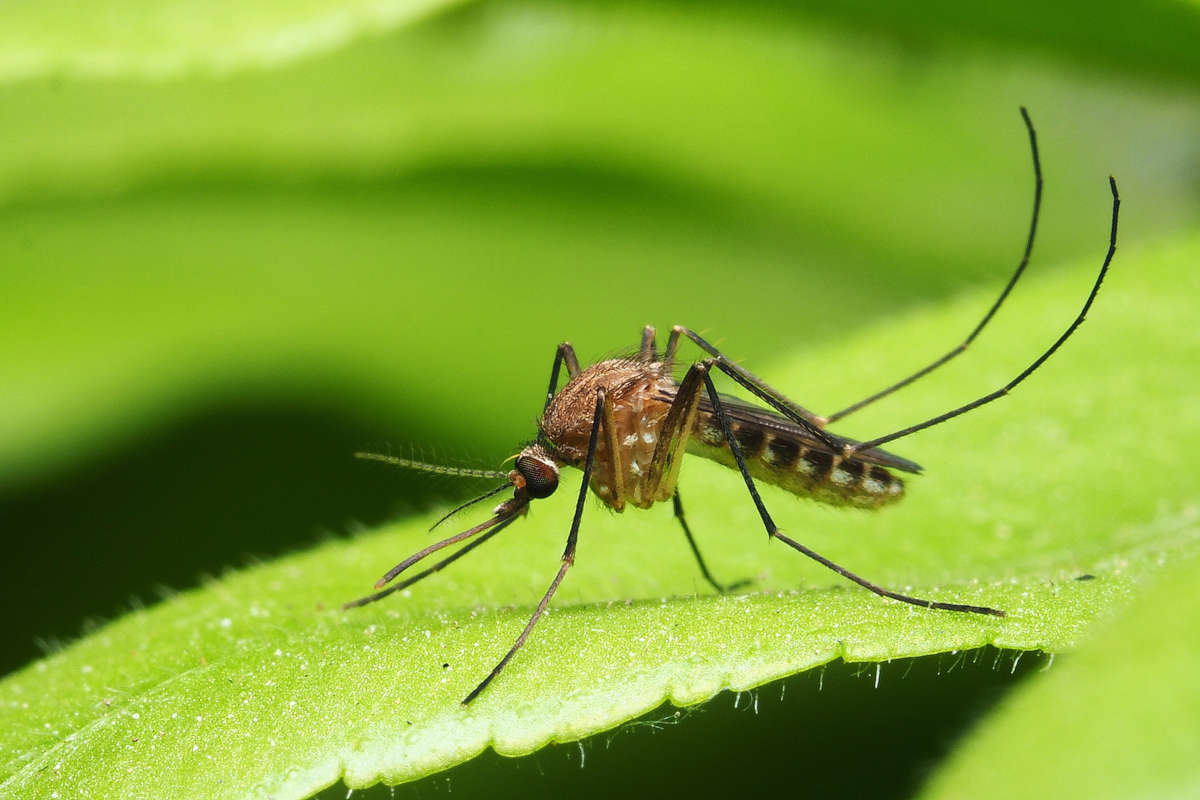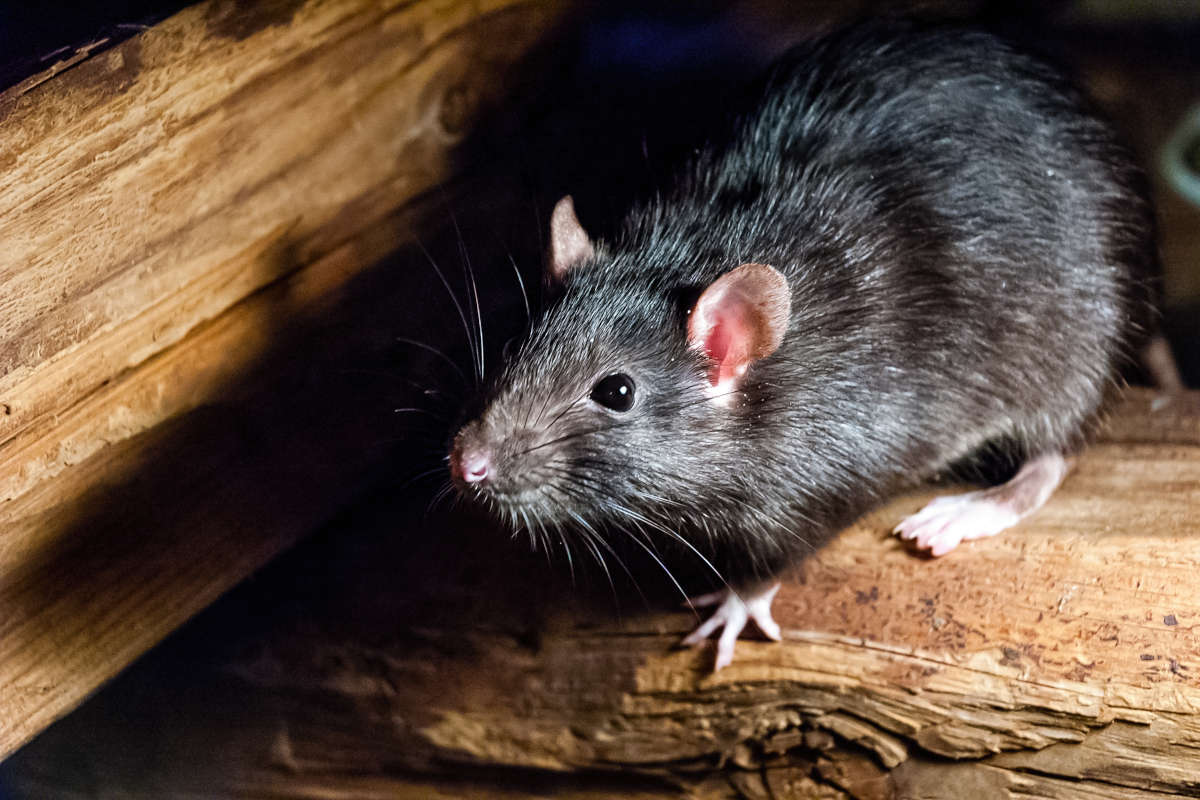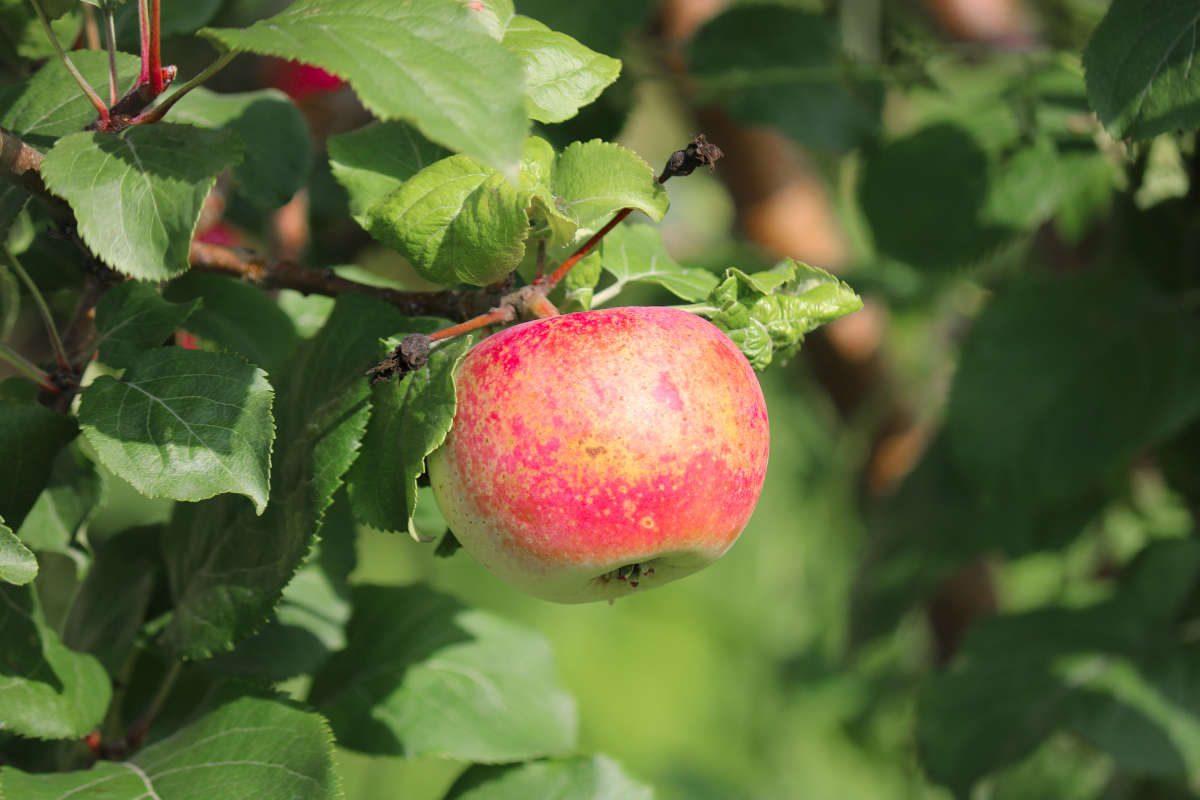A BIOCIDE SOLUTION AGAINST MOSQUITOES: ANTI-MOSQUITO TABLETS

The arrival of summer marks the most active period in the life cycle of a wide range of insects, but none cause more irritation that mosquitoes.
The term mosquito refers to a wide range of insects that share the blood-based diet of the females, puncturing the skin of animals, including humans, to drink their blood, which contains proteins – in particular, haemoglobin – that is required to allow their eggs to mature.
When a mosquito bites us, our body identifies a foreign presence and the cells in our immune system releases histamine, a substance that dilates the blood vessels and renders them more permeable, allowing more white cells to converge in the affected area. The problem is that histamine also causes reddening, swelling and the itching that make mosquito bites so irritating.
Of particular persistence and strength is the bite of the tiger mosquito, a variety that has spread extensively in Italy in recent years, and which, unlike other species that are active at night, is active during the day and is particularly aggressive, often biting the same target multiple times.
However, the mosquito is not only an irritating insect, it is also a serious health problem, as via its bite it can transmit pathogens to humans and is one of the main carriers of dangerous diseases such as malaria. The environmental and health conditions in Italy limit the hazards posed by mosquitoes, but relatively recent cases such as the West Nile and Zika viruses are reminders of the risks of epidemic that this insect carries.
There are various actions that can help to combat the spreading of mosquitoes, above all the elimination of stagnant water, which provides an ideal habitat for these buzzing insects to lay their eggs. Emptying flowerpot saucers, eliminating pooled rainwater, avoiding uncovered water reserves and using dedicated larvicides in drains can help.
A number of repellent and biocide solutions can be employed to defend against adult insects, such as diffusers. These small devices connect to a power socket and use heat to evaporate a substance that specifically repels or kills mosquitoes, as is the case with anti-mosquito tablets.
These anti-mosquito tablets use small solid tablets, generally pyrethroid-based, for example with prallethrin, transfluthrin or esbiothrin, which rapidly attack the insect’s nervous system without affecting humans.
IGO produces a wide range of biocides on contract, including anti-mosquito tablets: thanks to the gradual release of their formula, they protect from common and tiger mosquitoes for up to 10 hours, providing a universal refill for indoors electric heaters.
For more than 15 years, IGO has been a certified Medical and Surgical Device Manufacturer and provides the contract manufacture of insecticide products for domestic and civil use on substrates such as cellulose, granules or mixtures, and various types of liquid solutions to which one or more active substances have been added.
Browse our catalogue of biocides and contact us for further information.



